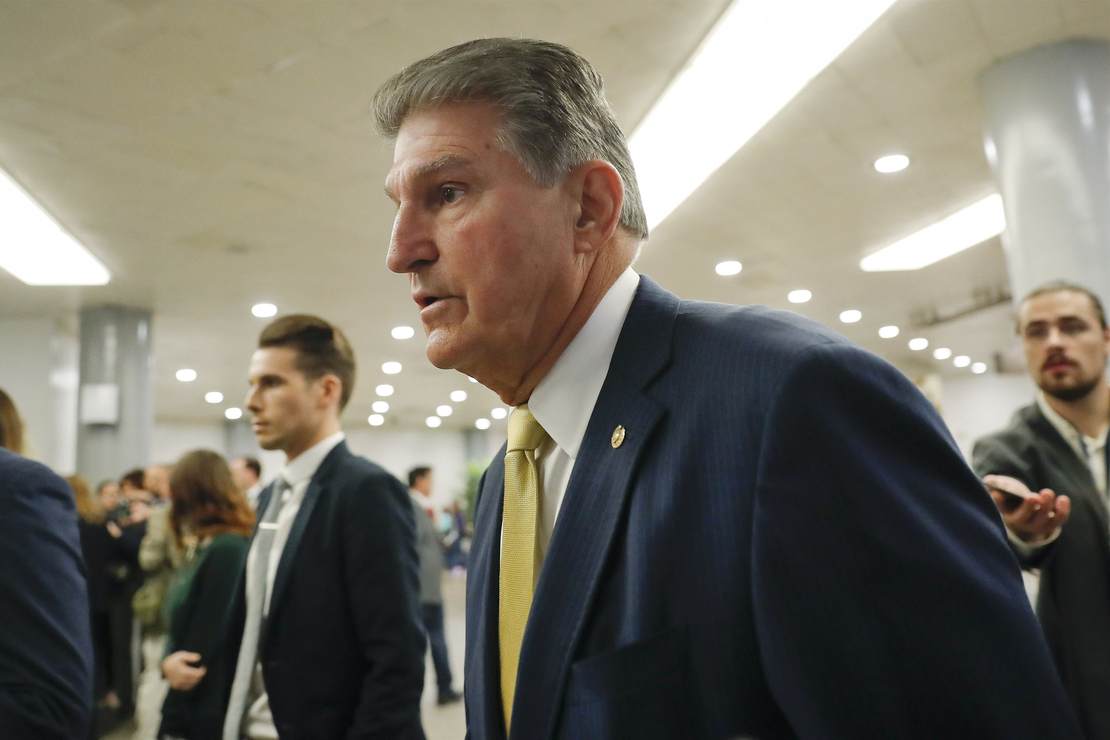Democrats signaled their top legislative priority before they won a simple majority in the Senate with Vice President Kamala Harris’s vote to break a tie. HR-1, also called the “For the People Act,” was Nancy Pelosi’s top priority in 2019 and was resurrected and passed in the House in 2021. To exercise Democrats’ simple majority in the Senate to pass it, they will have to blow up the filibuster. Only 41% of likely voters approve of this step, according to Rasmussen.
In the same poll, 67% of voters believe that maintaining our system of checks and balances is more important than government operating efficiently. If you wish to make an overarching assumption based on this information and recent history, Americans may prefer a divided government in a polarized country. Both President Obama and President Trump lost a single-party government after two years in office. Perhaps, in general, wild ideological policy swings are not popular.
Still, the Biden administration and some congressional Democrats seem willing to upend longstanding Senate rules to prevent gridlock in the passage of their radical agenda. HR-1 establishes taxpayer matching funds for elections, eliminates voter ID laws, and requires automatic registration, to name a few radical changes. Some Democrats may be waking up to what a lousy look ramming such sweeping legislation on a straight party-line vote would be. According to The New York Times:
Democrats in Congress are quietly splintering over how to handle the expansive voting rights bill that they have made a centerpiece of their ambitious legislative agenda, potentially jeopardizing their chances of countering a Republican drive to restrict ballot access in states across the country.
Election security laws in some Republican states are not restricting ballot access. In many cases, they are simply rolling back new rules made in the face of the COVID-19 pandemic and outlawing some questionable activities by activists such as the so-called “Zuck Bucks” that funded selective election offices with private donations. For example, Georgia never had ballot drop boxes before the 2020 election, and they were not a feature of election law. Now they are allowed inside advanced voting locations during the hours of operation. Not outdoors and unmonitored 24 hours a day.
As of today, Senator Joe Manchin (D-W.Va.) is the most apparent opposition to passing HR-1. He objects to the bill in its current form, which is probably an intelligent position on his part. West Virginia is a Republican trifecta at the state level, and Manchin is the only Democrat in the state’s congressional delegation. Republicans favor elections security measures and checks and balances at very high rates in the Rasmussen poll.
Manchin has also expressed opposition to federalizing elections, which the states have always run. Nor does he appear willing to provide the 50th vote needed to change the Senate rules to overcome unified Republican opposition to the bill. Manchin is one of two Democrats who has said they are not in favor of eliminating the filibuster at all in the recent past. About HR-1, he said:
“Pushing through legislation of this magnitude on a partisan basis may garner short-term benefits, but will inevitably only exacerbate the distrust that millions of Americans harbor against the U.S. government.”
Manchin is not the only one with objections. According to The New York Times, other Democrats spoke on the condition of anonymity to avoid pressure from activist groups. Some members of the Congressional Black Caucus are concerned independent redistricting commissions required in the bill will break up their majority-minority districts. Pretty telling. Some in the Democrat establishment worry that public financing of elections could energize more far-left primary challengers like Representative Alexandria Ocasio-Cortez (D-N.Y.).
Others agree with Manchin that independent voters may view the legislation as an attempt to cheat and punish Democrats in the 2022 midterms. According to Rasmussen, those voters would be just as likely to punish them for blowing up the filibuster. Even election administrators are lobbying against the bill. Some are telling legislators the requirements of HR-1 would be onerous or impossible to put in place by 2022. Others are saying the one-size-fits-all approach to early voting and polling hours is unworkable, especially in smaller precincts.
Perhaps most galling after 2020, the bill requires properly postmarked mail-in ballots to be accepted ten days after Election Day. Then it requires an additional ten days for curing ballots with mistakes. Election administrators say the 20-day lag will interfere with election certification procedures. After the delays to certification in 2020, voters should say it is unacceptable for Democrats to propose this in a first-world nation that is a global technology leader.
Some Democrats have suggested breaking the bill up in order to pass fewer sweeping changes. Activist groups behind the bill say this is not an option and insist Congress cannot break up the bill. They believe Manchin will eventually cave and allow the bill to pass with a simple Democrat majority.
If Manchin does, it will be a hard sell in his deep-red state. Even The New York Times admits, “As currently written, the bill constitutes a sweeping liberal wish list.” Read in its entirety, it might be more appropriately named “The Corrupt Politicians Act.” After 2020, not many Americans will support the complete dismantling of election security. Neither should the Democrats—unless they are afraid they can’t win with pre-pandemic security measures back in place.



